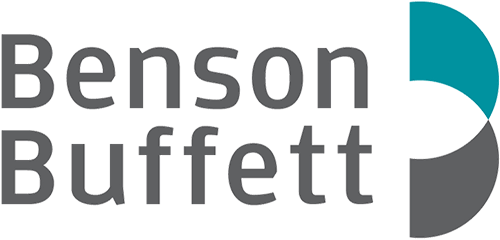

Drug & Alcohol Policies – More Useful Than Ever
Stewart v Elk Valley Coal Corp., 2017 SCC 30
The Case
On June 15, 2017, the Supreme Court of Canada released its decision on Stewart v Elk Valley Coal Corp. Mr. Stewart worked in a safety-sensitive position in a mine operated by the Elk Valley Coal Corporation. Due to the dangerous nature of mine operations, the employer had a drug and alcohol policy. Employees were expected to disclose any dependence or addiction issues before they were involved in a drug-related safety incident. Upon disclosure, an employee would be offered assistance with treatment. However, if an employee failed to disclose their dependence or addiction before being involved in a safety incident and tested positive for drugs, they would be terminated. The employer required all employees to attend a training session explaining the policy and sign a receipt stating that they understood the policy.
Mr. Stewart used cocaine on his days off and did not tell his employer about his drug use. One day, Mr. Stewart was involved in a safety incident and tested positive for drugs. Following the drug test, Mr. Stewart told the employer that he thought he was addicted to cocaine. In accordance with the employer’s drug and alcohol policy, Mr. Stewart was terminated. Mr. Stewart claimed that he was terminated because of his addiction and that it constituted discrimination. The Alberta Human Rights Tribunal held that Mr. Stewart was terminated for breaching the policy not because of his addiction therefore there was no discrimination. Alternatively, the Tribunal held that even if there was discrimination, the employer satisfied its duty to accommodate. The Tribunal’s decision was upheld by the Supreme Court of Canada.
The Law
In provincial and federal human rights legislation, addiction is a recognized disability and as a result, a person cannot be discriminated against for having an addiction. Additionally, an employer has a duty to accommodate those with disabilities, including addiction, to the point of undue hardship.
Issues
Some of the issues addressed by the Supreme Court of Canada included; (1) whether the employer discriminated against Mr. Stewart on the basis of his disability; and (2) whether the employer accommodated Mr. Stewart’s disability to the point of undue hardship.
Discrimination
The Supreme Court of Canada affirmed the determination that Mr. Stewart’s addiction was unequivocally not a factor in his termination and that he was terminated solely because he breached the employer’s drug and alcohol policy. It was explained that Mr. Stewart had the capacity to comply with the policy either by choosing not to take drugs or by disclosing his drug use to his employer, neither of which he did. The policy itself was not discriminatory since failure to comply with its terms applied equally to employees who were addicts or casual drug users.
It was clarified by the Court that if a prohibited ground of discrimination is a factor in the adverse treatment of an employee regardless of the degree to which it is a factor, an employer will be found to have discriminated against that employee. In such a case, it would then have to be determined whether the employee was accommodated to the point of undue hardship.
Duty to Accommodate
The Court affirmed the Tribunal’s determination that Mr. Stewart was accommodated to the point of undue hardship. It was held that the employer adopted this disclosure clause in good faith with the purpose of deterring drug use and ensuring safety. If Mr. Stewart was placed under assessment or was faced with a lesser consequence than termination it would have constituted an undue hardship because of the importance of deterring similar behavior throughout the organization. Additional factors that impacted the determination that the employer met its duty to accommodate were that all employees were provided with the policy and were offered assistance with rehabilitation upon disclosure.
Lesson for Employers
The decision confirms that employers can rely on provisions within their drug and alcohol policy that require employees in safety-sensitive positions to self-report their addiction prior to a safety incident. By requiring employees to self-report drug addictions without fear of discipline and offering assistance in accessing rehabilitation, such policies may, in certain circumstances, be relied upon to terminate employment relationships while also preventing allegations of discrimination.
It is encouraged that employers with safety-sensitive work environments or who have employees in safety-sensitive positions review their existing drug and alcohol policies to ensure that they are sufficiently robust.
The comments contained in this eCaseNote provide general information only and should not be construed as legal advice or opinion. For more information or specific advice on matters of interest, please call our offices at (709) 579-2081.